Home>Articles>Why Is My Smoke Detector Beeping Without A Battery
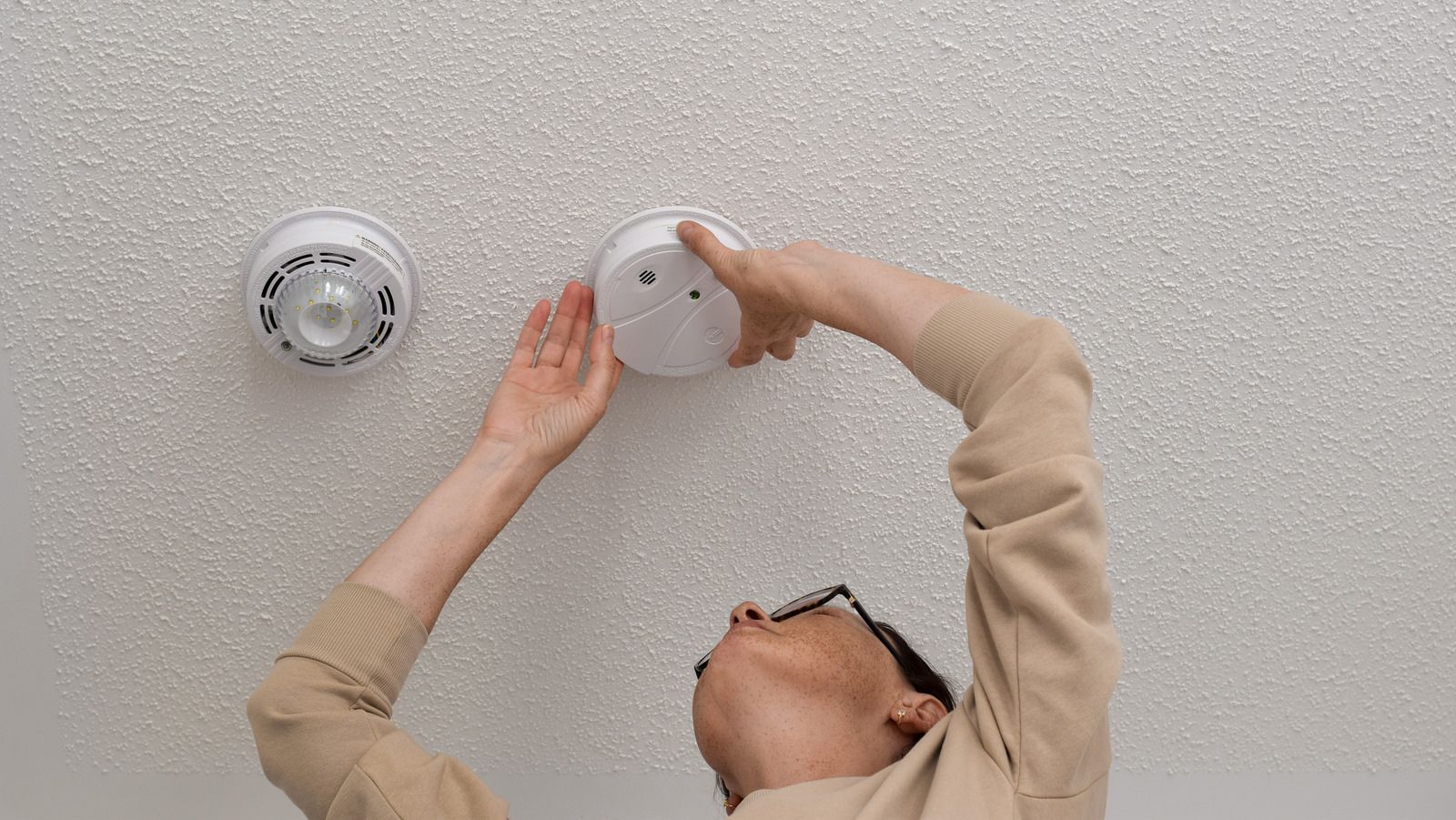

Articles
Why Is My Smoke Detector Beeping Without A Battery
Modified: December 7, 2023
Discover the reasons why your smoke detector is beeping without a battery. Read informative articles on troubleshooting smoke detectors and ensuring your home safety.
(Many of the links in this article redirect to a specific reviewed product. Your purchase of these products through affiliate links helps to generate commission for Storables.com, at no extra cost. Learn more)
Introduction
Smoke detectors play a vital role in keeping our homes safe by alerting us to the presence of smoke or fire. These small devices are designed to detect smoke particles in the air and emit a loud, piercing sound to warn occupants of potential danger. However, there may be instances when smoke detectors start beeping, even without a low battery. This article will explore the possible reasons behind this issue and provide some troubleshooting steps to address it.
Understanding why smoke detectors beep without a battery requires a basic understanding of how they function. Smoke detectors are typically powered by batteries or connected to the electrical system of the house. When smoke particles enter the detection chamber of a smoke detector, it triggers an alarm, indicating the potential presence of a fire. In most cases, smoke detectors are equipped with a low battery indicator, which beeps periodically to notify homeowners that the battery needs to be replaced. However, if your smoke detector is beeping without a low battery, there could be other causes that need to be explored.
There are several common causes for a beeping smoke detector that does not involve a low battery. These causes include a malfunctioning or faulty smoke detector, interconnected smoke detectors, and inadequate cleaning and maintenance. Understanding these factors can help you troubleshoot and resolve the issue.
In the following sections, we will delve into each of these causes in detail and provide practical solutions to address the beeping of smoke detectors without a battery issue.
Key Takeaways:
- Regular maintenance, cleaning, and timely battery replacement are crucial to ensure smoke detectors function optimally and provide reliable protection against potential fires.
- Identifying the source of beeping in interconnected smoke detectors and addressing malfunctioning or faulty devices promptly are essential for maintaining a safe home environment.
Read more: Why Is My Nest Smoke Detector Beeping
Understanding the Function of Smoke Detectors
Smoke detectors are essential safety devices that are designed to detect smoke and alert us to potential fires in our homes. The primary function of a smoke detector is to continuously monitor the air for the presence of smoke particles. When smoke enters the detection chamber of a smoke detector, it interrupts the flow of ions or light within the device, triggering an alarm to alert occupants of the potential danger.
Smoke detectors are typically powered by batteries or connected to the electrical system of the house. Battery-powered smoke detectors are the most common type and are relatively easy to install and maintain. They are equipped with a low battery indicator, which emits a periodic beeping sound to inform homeowners when the battery needs to be replaced.
On the other hand, hardwired smoke detectors are connected directly to the electrical system of the house and often equipped with a backup battery. These detectors are especially beneficial as they can provide continuous monitoring even during power outages. Like their battery-powered counterparts, hardwired smoke detectors also have a low battery indicator to signal when the backup battery needs to be replaced.
Smoke detectors are typically placed on the ceiling or high on the walls of the rooms in our homes. This positioning ensures that they can effectively detect smoke rising in case of a fire. It is recommended to have smoke detectors installed in every bedroom, outside each sleeping area, and on every level of the home, including the basement.
Regular maintenance of smoke detectors is crucial to ensure their proper function. This includes regular testing, cleaning, and replacing batteries as needed. By performing these simple maintenance tasks, you can help ensure that your smoke detectors are always in good working condition and provide maximum protection for your home and loved ones.
In the next section, we will explore the common causes of beeping smoke detectors to help you troubleshoot and resolve the issue.
Common Causes of Beeping Smoke Detectors
When a smoke detector starts beeping, it can be an unsettling and frustrating experience, especially when there doesn’t seem to be an obvious reason, such as a low battery. Here are some common causes that can lead to a smoke detector beeping without a low battery:
- Malfunctioning or Faulty Smoke Detector: Smoke detectors are electronic devices that can experience malfunctions over time. These malfunctions can cause the detector to emit a continuous or intermittent beeping sound. It is important to replace a malfunctioning smoke detector as soon as possible to ensure the safety of your home.
- Interconnected Smoke Detectors: In some homes, multiple smoke detectors are interconnected. This means that when one detector detects smoke, it triggers all interconnected detectors to sound the alarm. If a single detector is malfunctioning or has a low battery, it can cause all interconnected detectors to beep. Check all detectors in your home to identify the source of the beeping.
- Environmental Factors: Environmental factors, such as high humidity, dust, or insects, can interfere with the proper functioning of smoke detectors. The presence of excessive dust or insects in the detection chamber can trigger false alarms or cause the detector to beep. Regular cleaning and maintenance can help prevent these issues.
- Power Outages or Electrical Issues: Power outages or fluctuations in the electrical system can also cause smoke detectors to beep. When power is restored after an outage, some smoke detectors may emit a short beep as a result. Additionally, electrical issues, such as loose wiring or a tripped circuit breaker, can lead to a beeping smoke detector.
- Expired Smoke Detector: Smoke detectors have a limited lifespan, typically around 10 years. After this period, their sensors may deteriorate, leading to false alarms or beeping without a low battery. It is essential to replace smoke detectors that have exceeded their expiration date.
Understanding these common causes can help you identify the reason behind the beeping of smoke detectors without a low battery and take the necessary steps to resolve the issue. In the next section, we will discuss some troubleshooting steps you can take to address this problem.
Low Battery Indicator
One of the most common causes of a beeping smoke detector is a low battery. Most smoke detectors are equipped with a low battery indicator to alert homeowners when it’s time to replace the battery. When the battery voltage drops below a certain threshold, the detector emits a periodic beep to indicate that the battery needs to be changed.
The low battery indicator helps ensure that the smoke detector remains functional and reliable in case of a fire. It is essential to address a low battery promptly to maintain the effectiveness of the detector and protect your home and loved ones. Here are some key points to keep in mind regarding the low battery indicator:
- Beeping Pattern: The beeping pattern of the low battery indicator varies depending on the manufacturer and model of the smoke detector. It can range from a single chirp every few minutes to more frequent chirping as the battery level decreases. Refer to the user manual of your specific smoke detector to understand the beeping pattern associated with a low battery.
- Battery Replacement: When you hear the low battery indicator, it is important to replace the battery as soon as possible. Most smoke detectors use 9-volt batteries, while others may use AA or AAA batteries. Follow the instructions provided by the manufacturer to ensure the correct replacement process.
- Battery Type: It is recommended to use high-quality, brand-name batteries that are specifically designed for smoke detectors. Using inferior-quality or mismatched batteries can lead to reduced performance and malfunctioning of the detector.
- Testing After Battery Replacement: Once you have replaced the battery, it is crucial to test the smoke detector to ensure it is functioning properly. Follow the testing procedure outlined in the user manual to verify that the detector is detecting smoke and emitting a loud and distinct alarm.
- Regular Battery Maintenance: To prevent the low battery indicator from beeping, it is essential to perform regular battery maintenance. This includes replacing the battery as recommended by the manufacturer or at least once a year. Some smoke detectors have a built-in reminder feature that allows you to set a reminder for battery replacement at regular intervals.
Addressing the low battery indicator promptly and performing regular battery maintenance will help ensure that your smoke detector remains in optimal working condition and provides reliable protection for your home. However, if the smoke detector continues to beep even after replacing the battery, there may be other issues that need to be addressed, as discussed in the following sections.
Malfunctioning or Faulty Smoke Detector
While a low battery is often the culprit behind a beeping smoke detector, there are instances where the issue lies with a malfunctioning or faulty device. Smoke detectors are electronic devices that can experience malfunctions over time due to various reasons. Here are a few things to consider if you suspect that your smoke detector is malfunctioning:
- Age of the Smoke Detector: Like any electronic device, smoke detectors have a limited lifespan. Most manufacturers recommend replacing smoke detectors every 10 years. Over time, the sensors and components of a smoke detector can deteriorate, leading to false alarms or beeping without a low battery indicator. If your smoke detector is approaching or has exceeded its expiration date, it is advisable to replace it with a new one.
- Testing Functionality: If you suspect a malfunctioning smoke detector, it is crucial to test its functionality. Follow the testing procedure specified in the user manual to ensure that the smoke detector can detect smoke particles and emit a loud alarm sound. If the smoke detector fails to perform these functions properly, it may be a sign of a faulty device that needs to be replaced.
- Resetting the Smoke Detector: In some cases, a malfunctioning smoke detector may be temporarily resolved by resetting the device. Refer to the user manual for instructions on how to reset your specific smoke detector model. Keep in mind that resetting may only provide a temporary solution, and it is still advisable to replace the detector if it continues to experience issues.
- Professional Inspection: If you have attempted troubleshooting steps without success, it may be wise to seek professional assistance. An electrician or smoke detector technician can inspect your smoke detectors, identify any underlying issues, and provide recommendations for repair or replacement if necessary.
It is important to address a malfunctioning or faulty smoke detector promptly to ensure the safety of your home and loved ones. By replacing outdated detectors, testing functionality, and seeking professional assistance when needed, you can maintain an effective smoke detection system that provides reliable protection against potential fires.
In the next section, we will explore the concept of interconnected smoke detectors and how they can contribute to beeping issues.
If your smoke detector is beeping without a battery, it may be a sign that the detector needs to be replaced. Over time, smoke detectors can wear out and start beeping as a warning. Check the expiration date on the detector and replace it if necessary.
Interconnected Smoke Detectors
Interconnected smoke detectors are a common feature in many homes, especially in newer constructions or homes that have undergone renovations. This setup allows multiple smoke detectors to be interconnected, so when one detector is triggered, all interconnected detectors will sound the alarm simultaneously. While interconnected smoke detectors enhance the overall safety of a home, they can also contribute to beeping issues if one of the detectors is experiencing a problem.
Here are a few things to consider regarding interconnected smoke detectors and how they can impact beeping without a low battery:
- Identifying the Source: When you have interconnected smoke detectors, it can be challenging to identify which specific detector is causing the beeping issue. The beeping sound may seem to come from multiple locations simultaneously, making it difficult to pinpoint the source. In this case, it is crucial to systematically check each detector to determine the faulty one.
- Malfunction or Low Battery: If one of the interconnected smoke detectors is malfunctioning or has a low battery, it can trigger the beeping alarm in all interconnected units. To address this issue, check each detector individually and replace batteries or replace any detectors that are malfunctioning.
- Resetting the Detectors: Sometimes, resetting the interconnected smoke detectors can help resolve the beeping issue. Consult the user manual or contact the manufacturer to understand the proper procedure for resetting your specific model of smoke detectors. Keep in mind that resetting may only provide a temporary solution, and it is important to address any underlying issues.
- Professional Assistance: If troubleshooting steps do not resolve the beeping issue with interconnected smoke detectors, it may be necessary to seek professional assistance. An electrician or smoke detector technician can inspect the wiring and interconnected system to identify any issues and ensure proper functioning and safety.
Interconnected smoke detectors provide an added layer of protection in homes, but it is important to be aware of their potential impact on beeping issues. By systematically checking each detector, addressing malfunctions, and seeking professional help if needed, you can ensure that your interconnected smoke detection system operates effectively and provides comprehensive coverage for your home.
Next, we will explore the importance of smoke detector cleaning and maintenance in preventing beeping issues.
Smoke Detector Cleaning and Maintenance
Regular cleaning and maintenance of your smoke detectors are essential to ensure their proper functioning and minimize the risk of false alarms or beeping issues. Over time, dust, dirt, and other environmental factors can accumulate on the sensors or inside the detection chamber, interfering with the detector’s performance. Here are some key tips for cleaning and maintaining your smoke detectors:
- Read the User Manual: Start by reviewing the user manual provided by the manufacturer. The manual will provide specific instructions on how to clean and maintain your particular smoke detector model. It may also include important guidelines and recommendations for optimal performance.
- Regular Cleaning: Dust the exterior of the smoke detector and its surroundings using a soft, dry cloth. Avoid using harsh chemicals or cleaning agents that could damage the device. Additionally, use a vacuum cleaner with a brush attachment to gently clean the vents and openings of the detector to remove any dust or debris that may have accumulated.
- Cleaning the Detection Chamber: It is crucial to clean the detection chamber of the smoke detector to ensure accurate smoke detection. Follow the manufacturer’s instructions for opening the detection chamber, which may involve twisting or sliding the cover. Use a soft brush or compressed air to remove any dust or debris from the sensors. Take care not to touch or damage the sensors during the cleaning process.
- Testing and Replacement: After cleaning, test the smoke detector to ensure it is functioning correctly. Press the test button and verify that the detector emits a loud alarm sound. If the alarm is weak or nonexistent, replace the battery or the entire detector, depending on the manufacturer’s recommendations.
- Regular Battery Replacement: As mentioned earlier, replacing the batteries in your smoke detectors is crucial for their proper functioning. Develop a schedule or set reminders to replace the batteries at least once a year or as recommended by the manufacturer. Using high-quality, brand-name batteries specifically designed for smoke detectors is important to ensure optimal performance.
- Professional Inspection: For added peace of mind, consider having a professional inspect your smoke detectors periodically. An electrician or smoke detector technician can perform a thorough inspection, checking the wiring, sensors, and overall condition of the detectors. They can identify any issues and make necessary repairs or replacements, ensuring the safety and reliability of your smoke detection system.
By following these cleaning and maintenance practices, you can help prevent beeping issues and ensure that your smoke detectors are functioning optimally. Regular care and attention to your smoke detectors will go a long way in providing reliable fire detection and protecting your home and loved ones.
In the next section, we will discuss troubleshooting steps you can take to address beeping smoke detectors without a low battery.
Troubleshooting Steps for Beeping Smoke Detectors
If your smoke detector is beeping without a low battery or other obvious causes, it can be frustrating and concerning. Fortunately, there are several troubleshooting steps you can take to identify and address the issue. Follow these steps to troubleshoot your beeping smoke detector:
- Check the Battery: Even if your smoke detector doesn’t have a low battery indicator, it’s essential to ensure that the battery is functioning properly. Remove the battery and test it using a battery tester or replace it with a new one to see if it resolves the beeping issue.
- Clean the Detector: Dust, dirt, and other debris can interfere with the smoke detector’s performance. Gently clean the exterior of the detector using a soft cloth, and use a vacuum cleaner or compressed air to remove any dust or debris from the vents and openings. Additionally, clean the detection chamber according to the manufacturer’s instructions.
- Reset the Detector: Resetting the smoke detector can sometimes resolve beeping issues. Refer to the user manual for instructions on how to reset your specific smoke detector model. After resetting, test the detector to see if the beeping has stopped.
- Check for Interconnected Detectors: If you have interconnected smoke detectors in your home, check each detector individually to pinpoint the source of the beeping. Replace batteries or malfunctioning detectors as needed.
- Verify Power Supply: If your smoke detectors are hardwired, ensure that they are receiving power. Check the circuit breaker or fuse box to make sure the breaker or fuse is intact. If there is a power outage, the detectors may beep when power is restored. If necessary, reset or replace the detector.
- Inspect for Faulty Wiring: If you suspect faulty wiring, it is crucial to contact a qualified electrician to inspect and repair the wiring. Faulty wiring can cause false alarms or beeping in smoke detectors.
- Replace Expiring Detectors: If your smoke detectors are approaching or have exceeded their expiration dates, it may be necessary to replace them. Expired detectors may not function correctly, leading to beeping or false alarms. Install new detectors according to the manufacturer’s instructions.
If, after performing these troubleshooting steps, your smoke detector continues to beep without a low battery or an obvious cause, it may be necessary to consult a professional electrician or smoke detector technician. They can conduct a thorough inspection of your smoke detection system to identify any underlying issues and make the necessary repairs or replacements.
By following these troubleshooting steps and seeking professional assistance when needed, you can address beeping smoke detectors and ensure that your home remains safe and protected.
Let’s conclude the article in the next section.
Conclusion
Beeping smoke detectors can be a cause for concern, especially when there doesn’t appear to be a low battery or other obvious reasons. Understanding the common causes of beeping smoke detectors and following the appropriate troubleshooting steps can help identify and resolve the issue.
We discussed how smoke detectors function as important safety devices that detect smoke particles and emit loud alarms to alert occupants of potential fire hazards. A low battery indicator is a common cause of beeping, reminding homeowners to replace the battery promptly. Regular cleaning and maintenance of smoke detectors are crucial to ensure proper functioning, as environmental factors and dust can interfere with their performance.
In certain cases, smoke detectors may malfunction or become faulty, leading to beeping issues. Identifying the age of the detector and performing regular testing can help determine if a replacement is necessary. Interconnected smoke detectors can also contribute to beeping problems, as one malfunctioning detector can trigger the others. It’s important to systematically check each detector to identify the source of the issue.
In addition, we explored troubleshooting steps that include checking the battery, cleaning the detector, resetting it, and inspecting for faulty wiring or power issues. Regular maintenance and timely replacement of smoke detectors that have reached their expiration date are also essential for proper functionality.
If the troubleshooting steps do not resolve the beeping issue, it is advisable to consult a professional electrician or smoke detector technician for further assistance. They can inspect the system, identify any underlying issues, and make repairs or replacements as needed.
By staying proactive in monitoring the status of smoke detectors and promptly addressing any beeping issues, you can ensure the safety of your home and loved ones. Regular maintenance, cleaning, and battery replacement will help ensure that your smoke detectors are ready to provide reliable protection in the event of a fire.
Remember, the sound of a beeping smoke detector should never be ignored. Taking the necessary steps to address the issue will give you peace of mind and help ensure the safety of your home and family.
Frequently Asked Questions about Why Is My Smoke Detector Beeping Without A Battery
Was this page helpful?
At Storables.com, we guarantee accurate and reliable information. Our content, validated by Expert Board Contributors, is crafted following stringent Editorial Policies. We're committed to providing you with well-researched, expert-backed insights for all your informational needs.
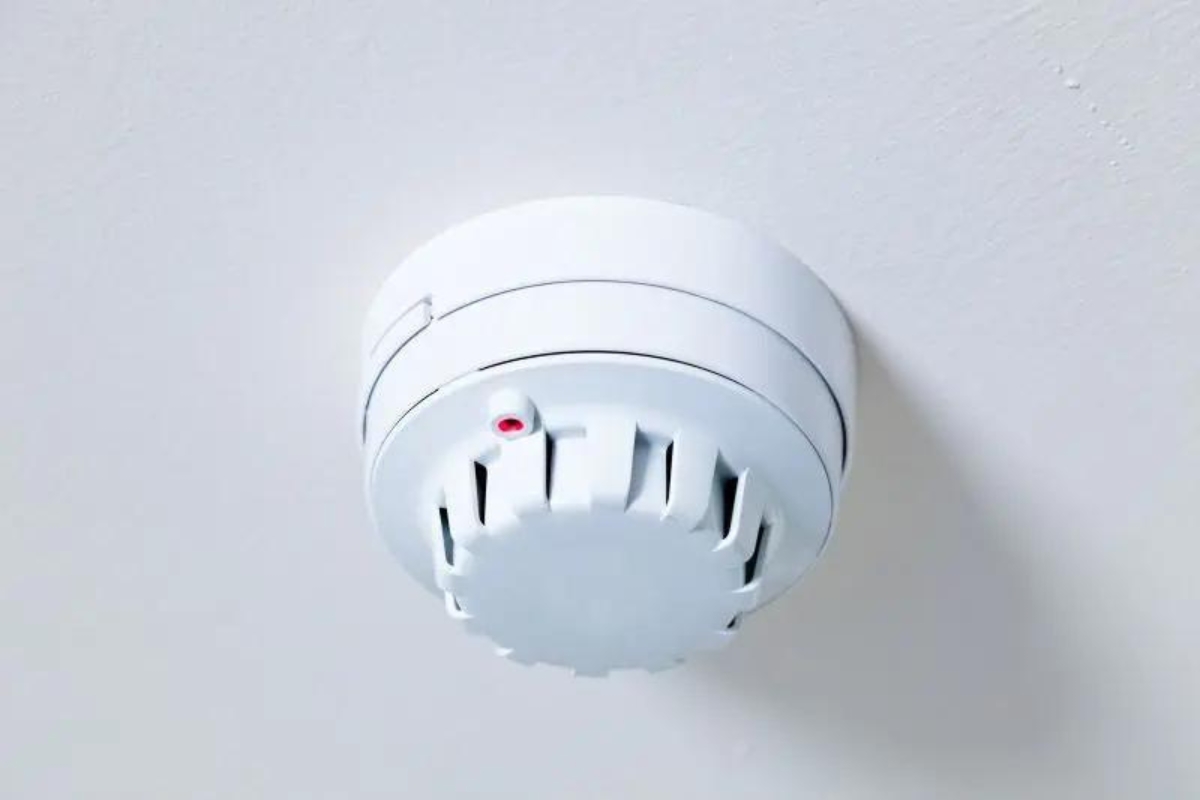
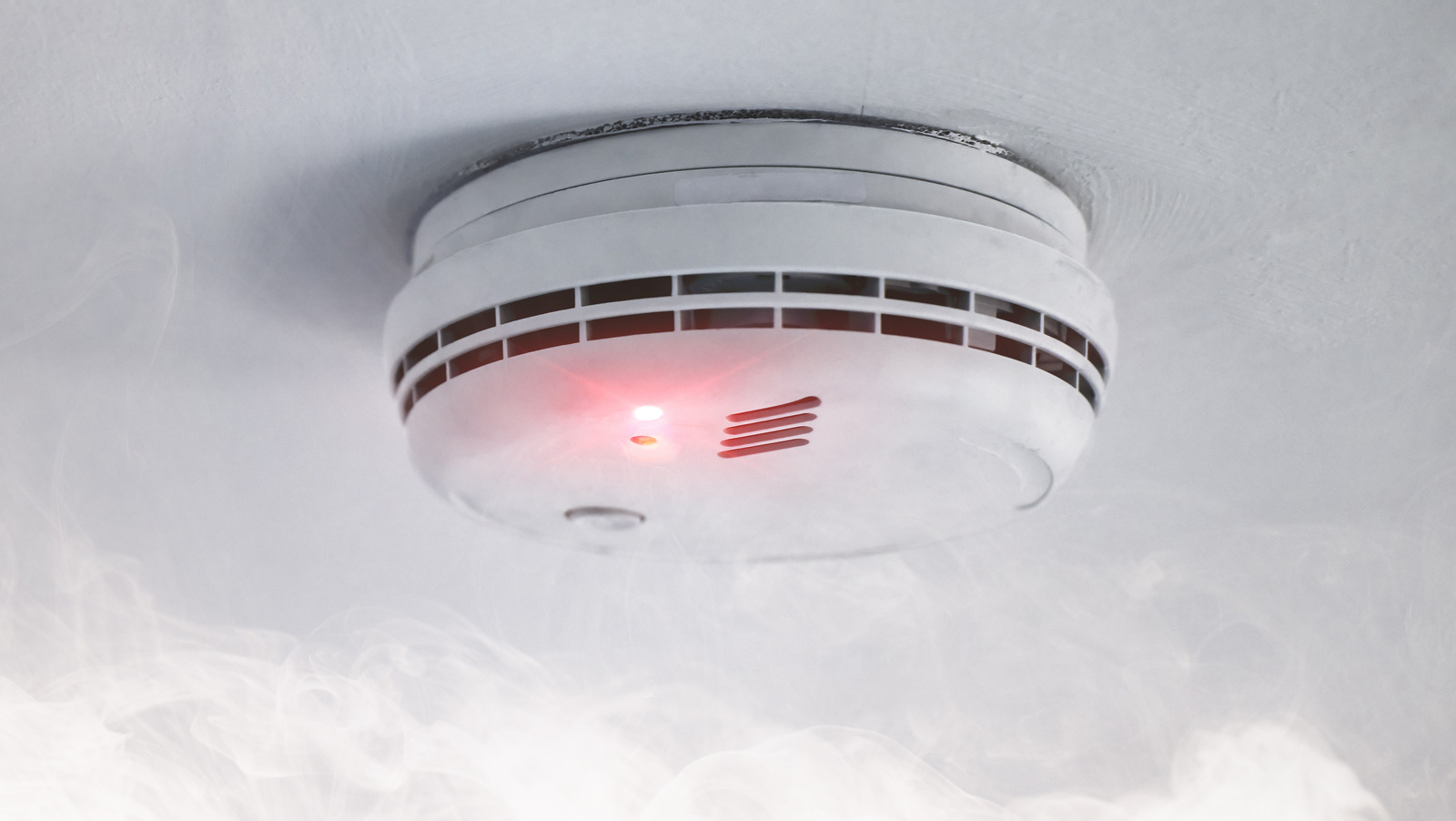
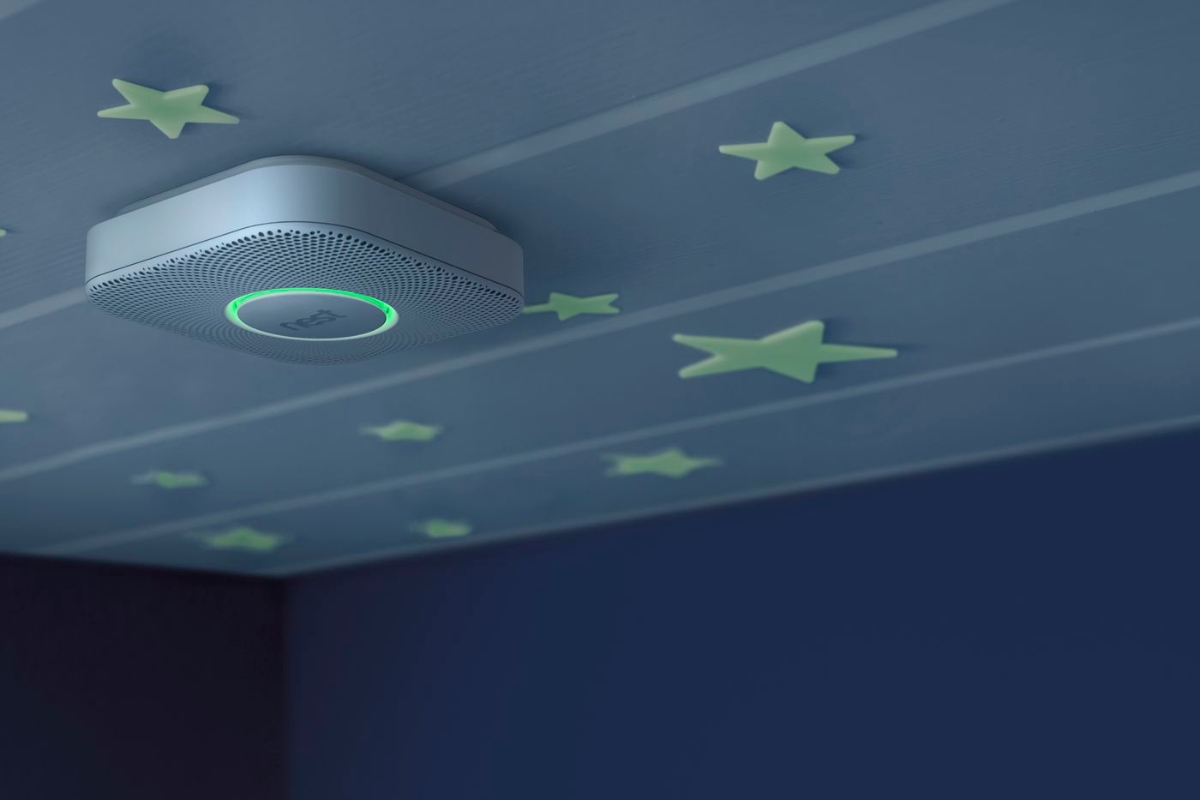
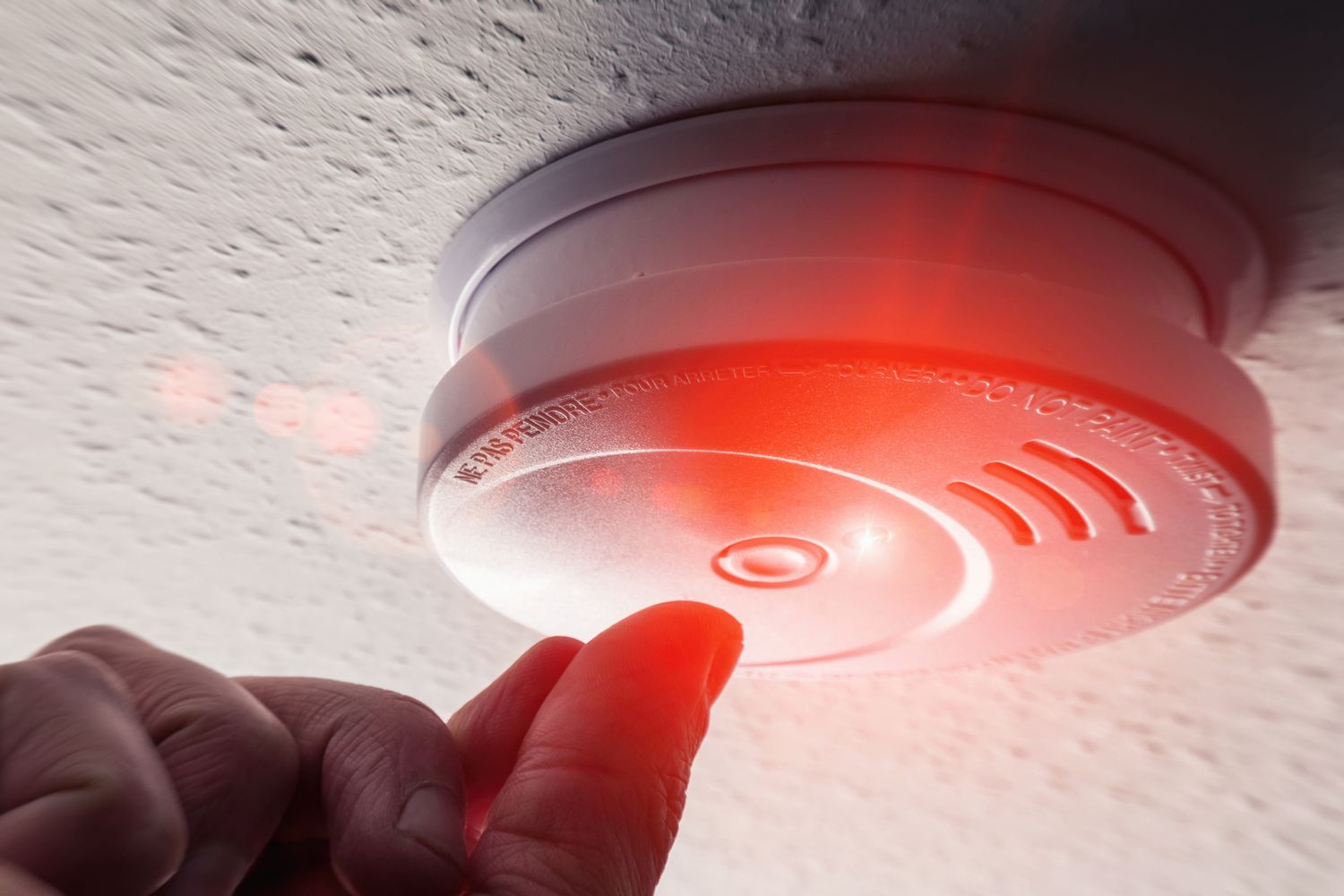
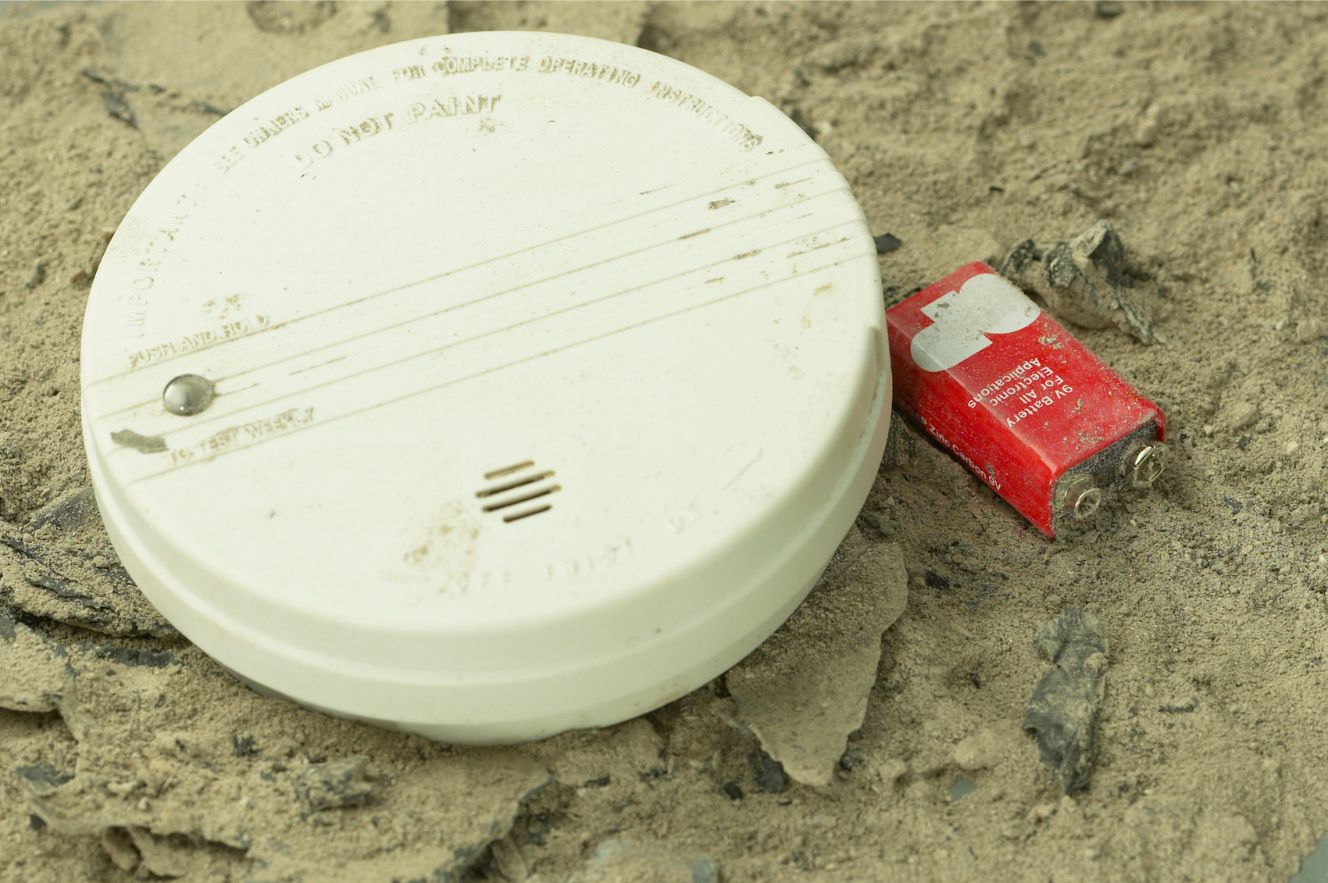
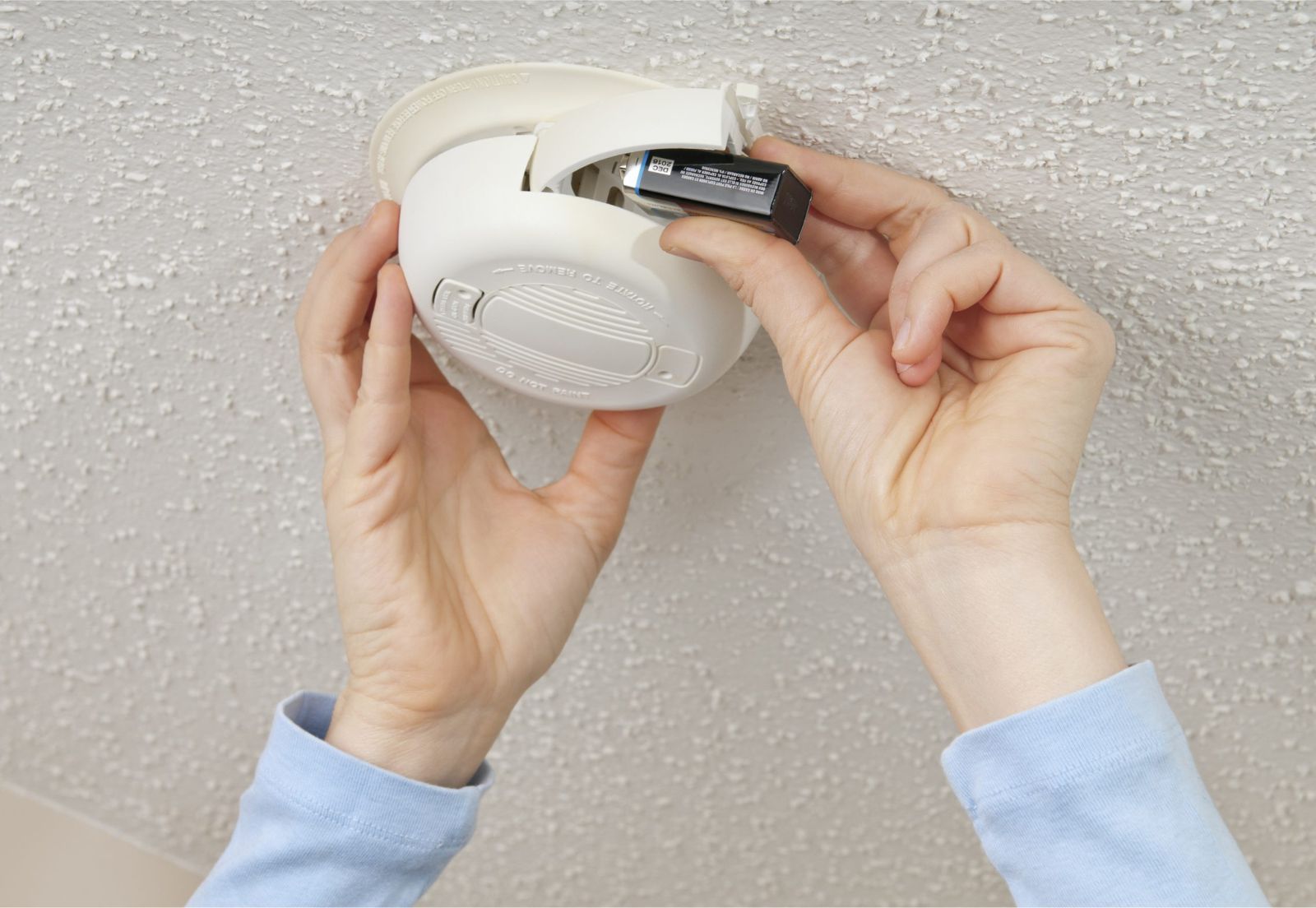
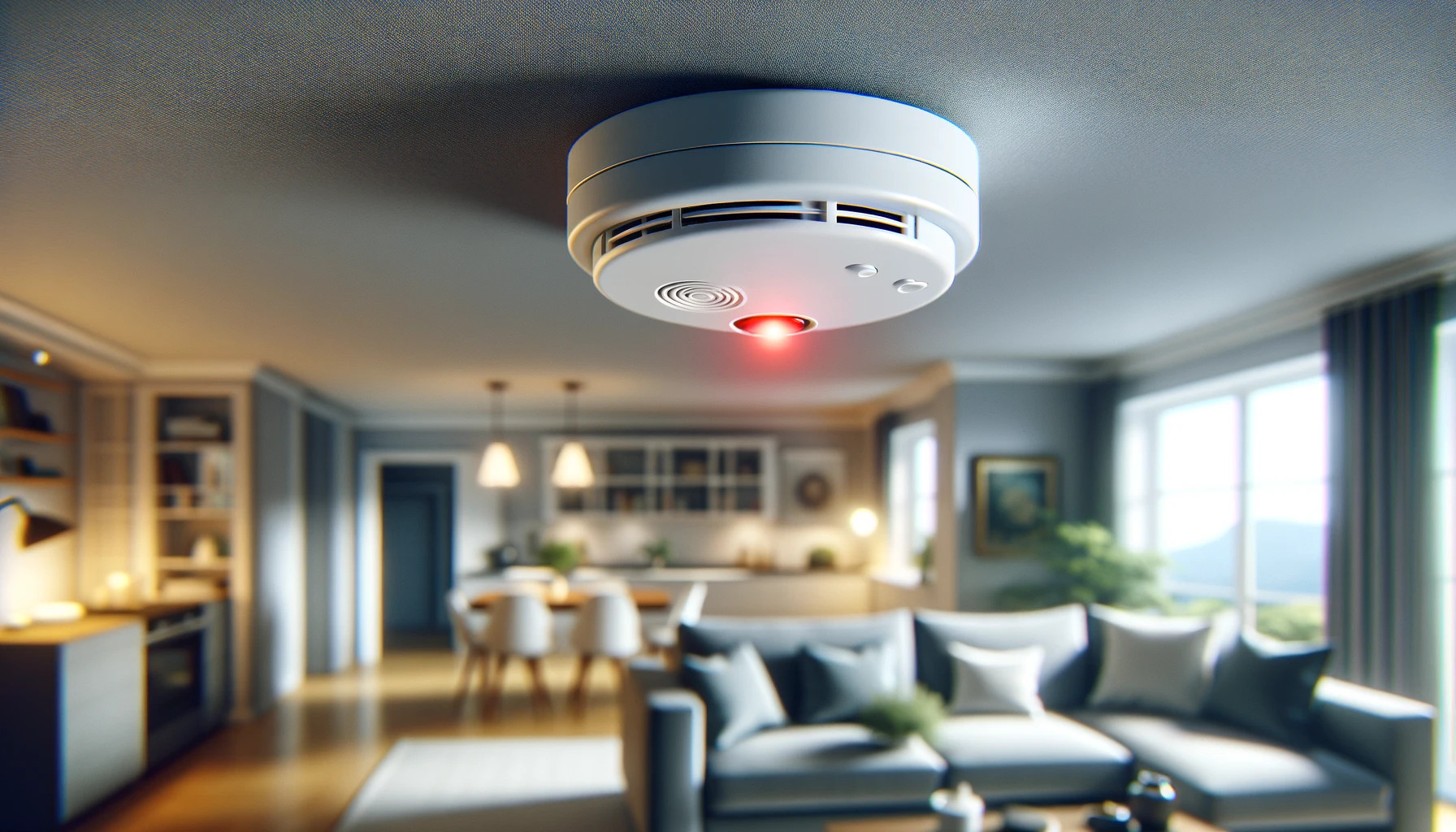
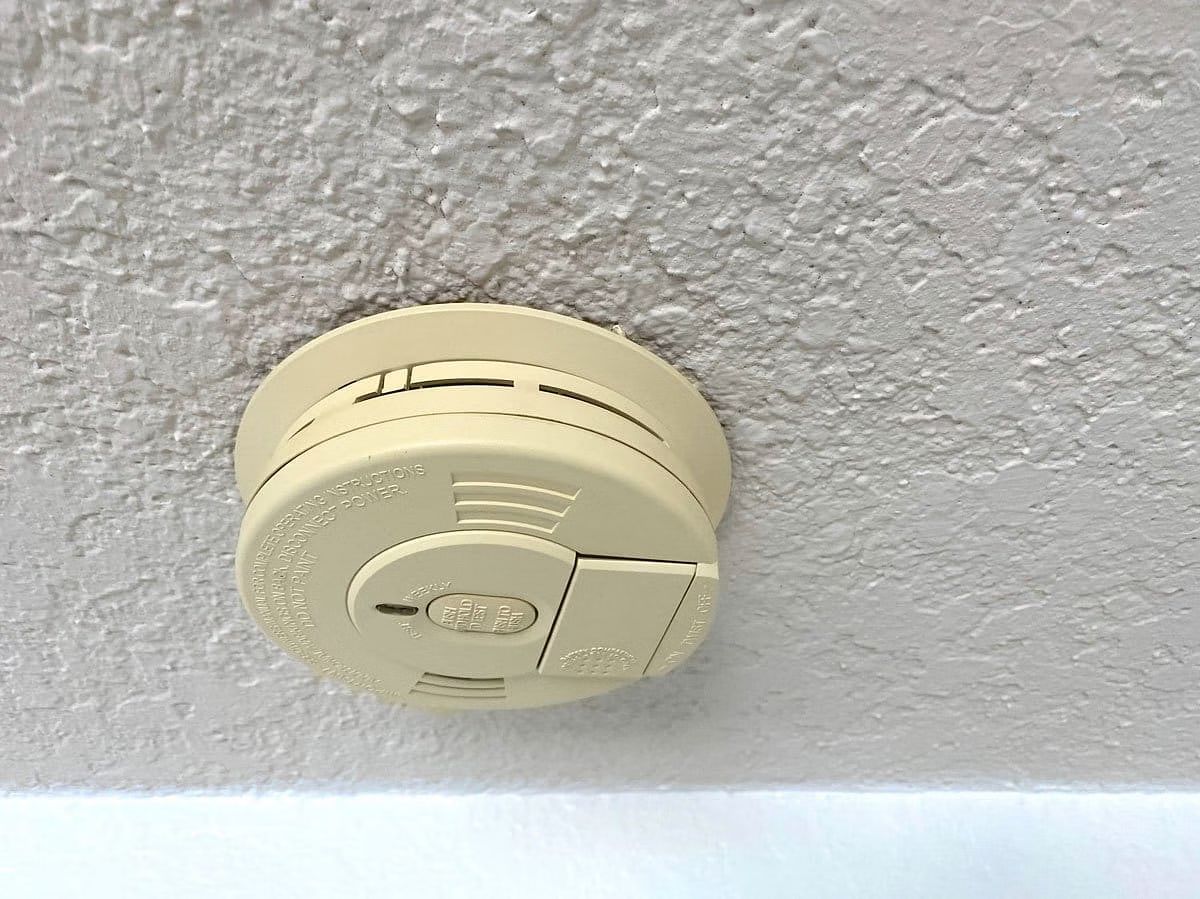
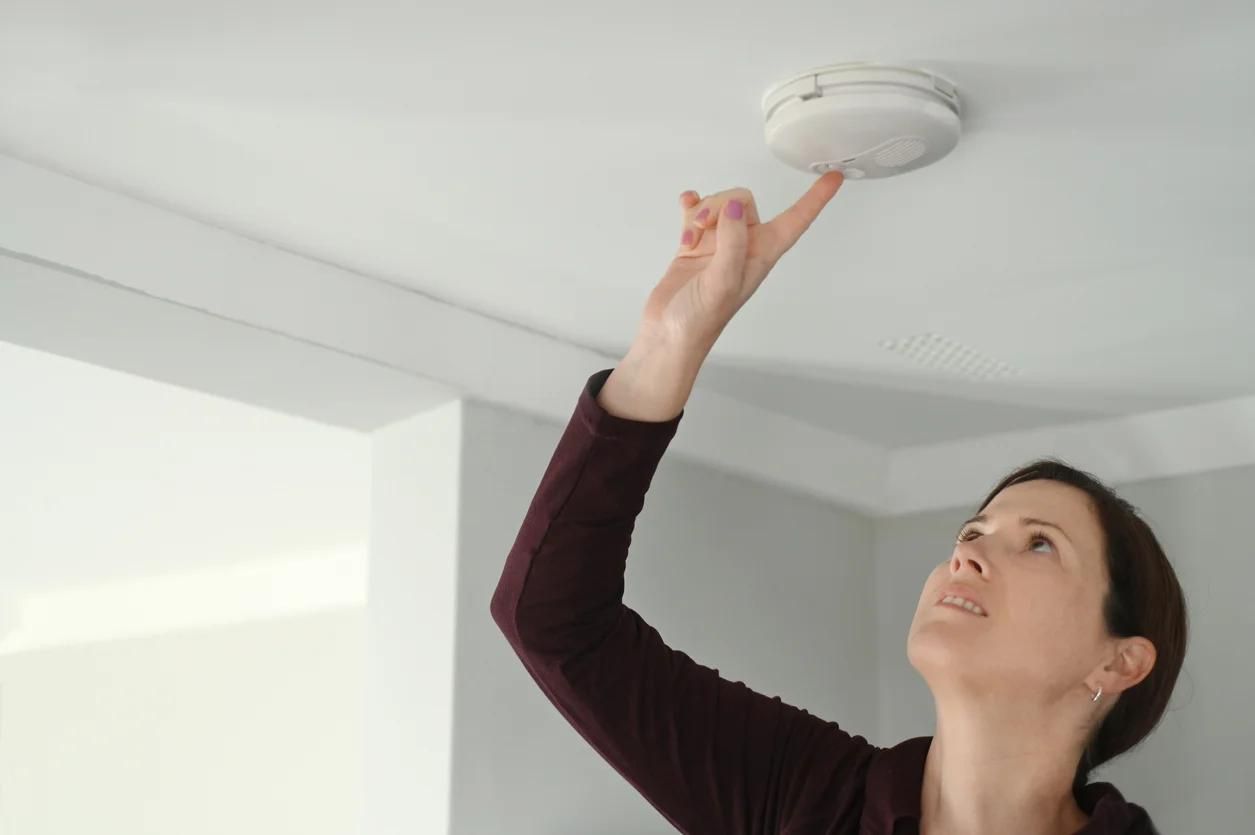
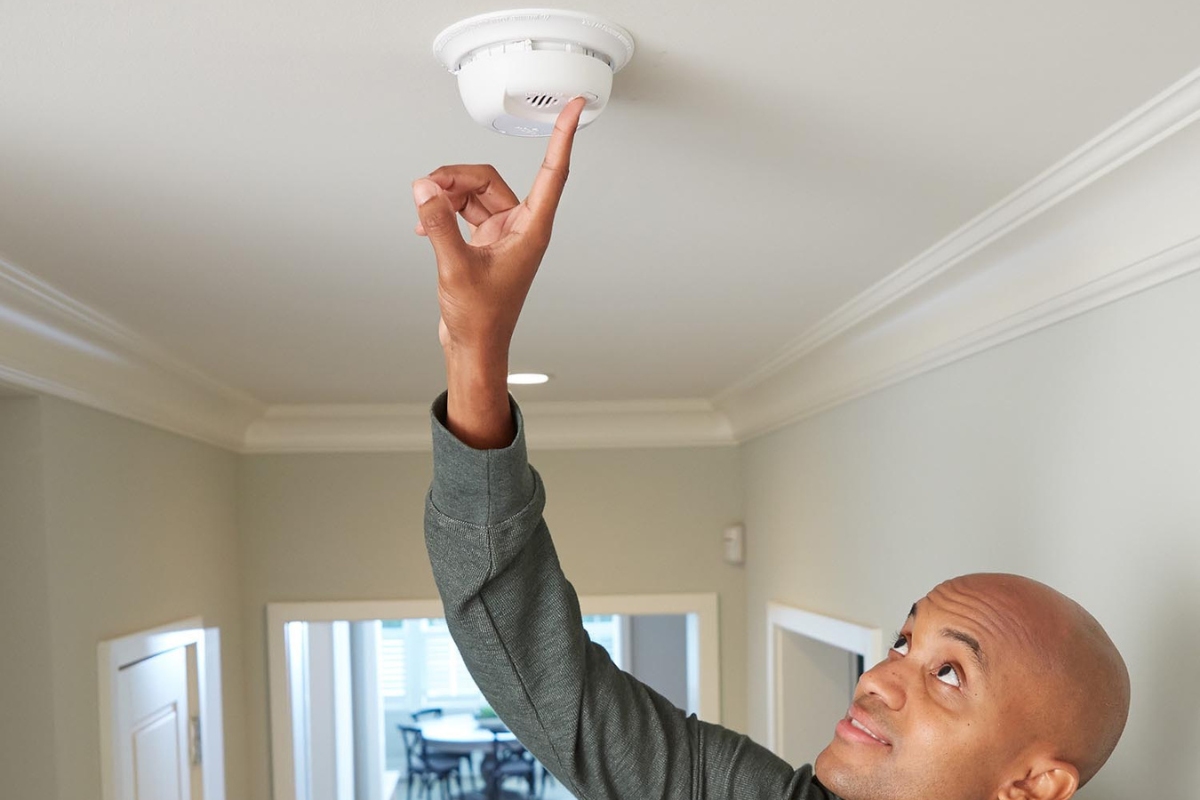
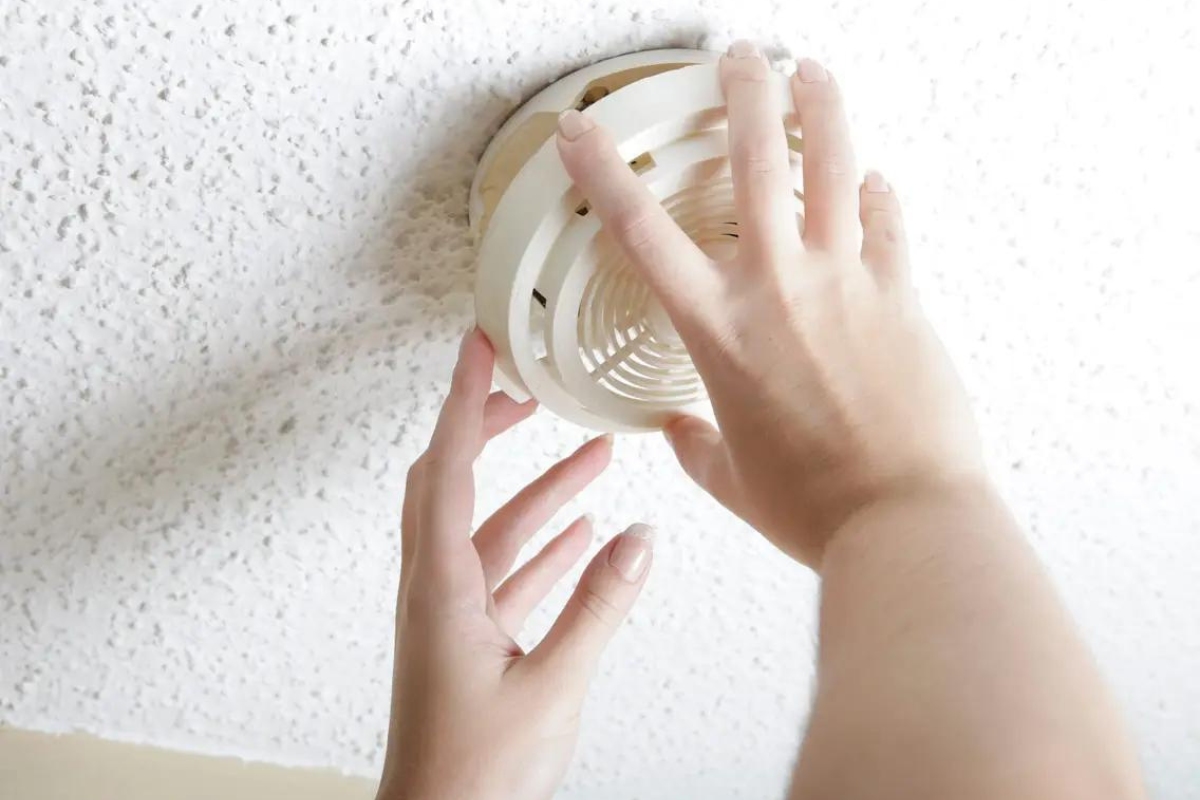
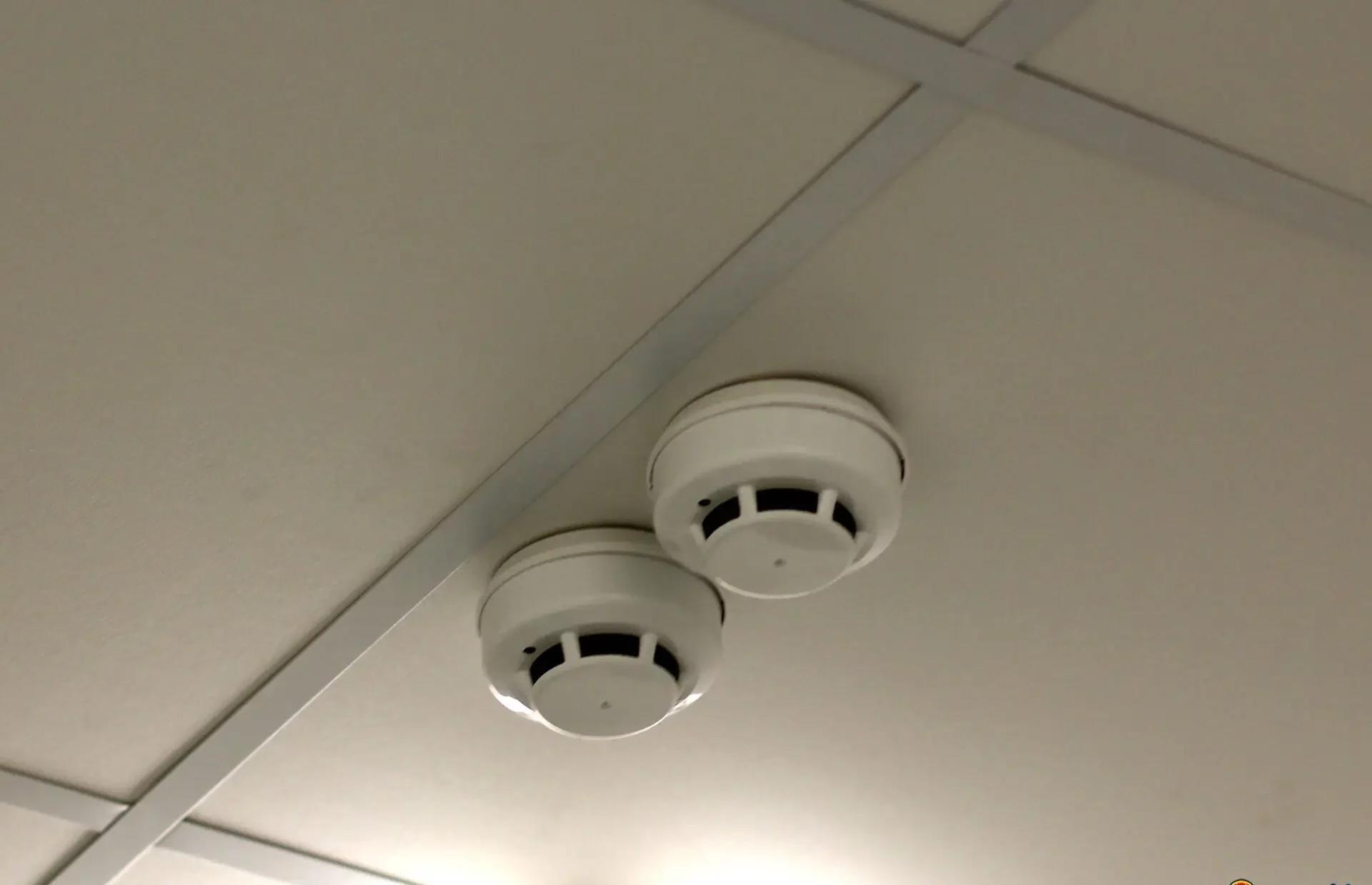
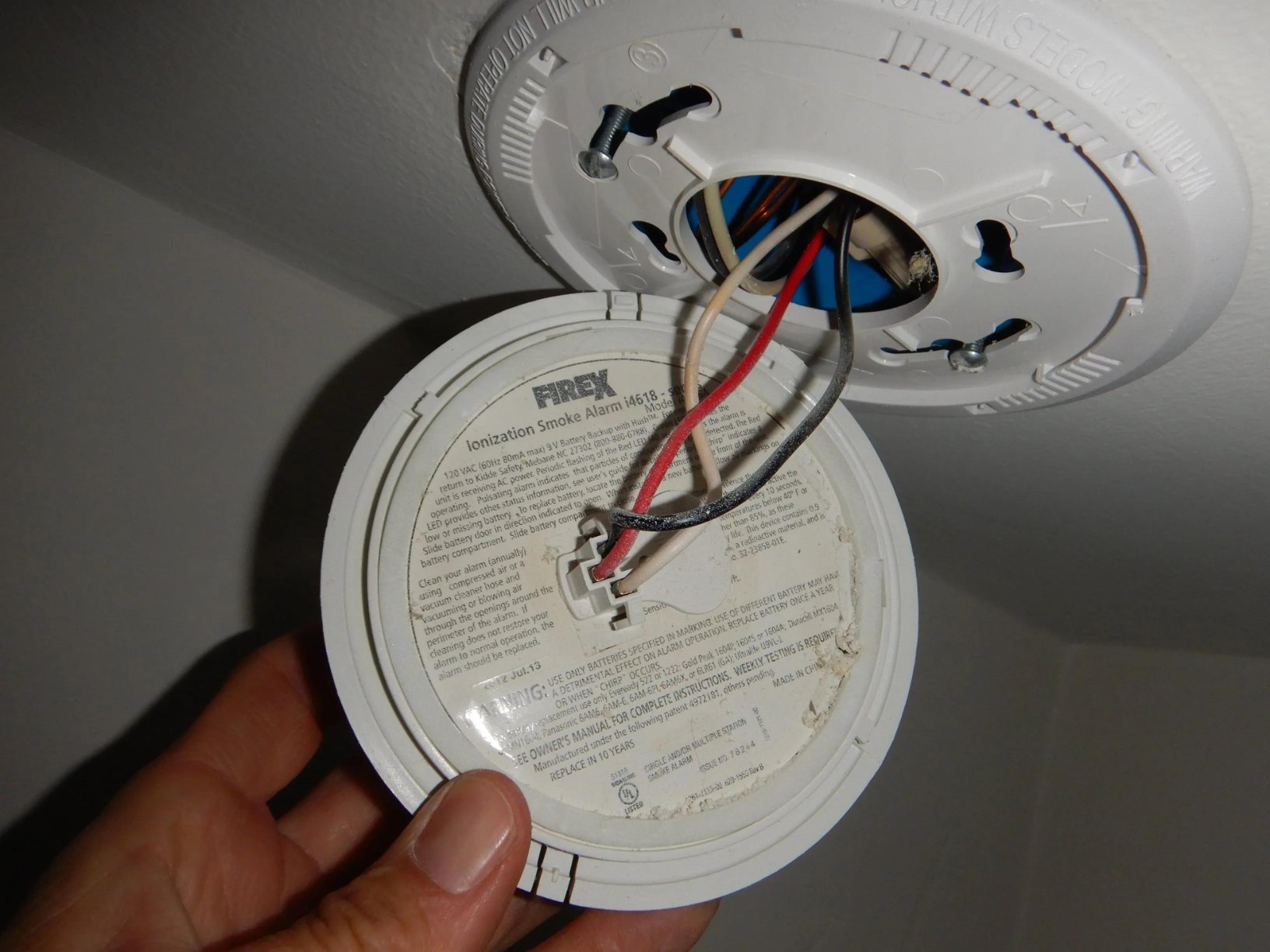
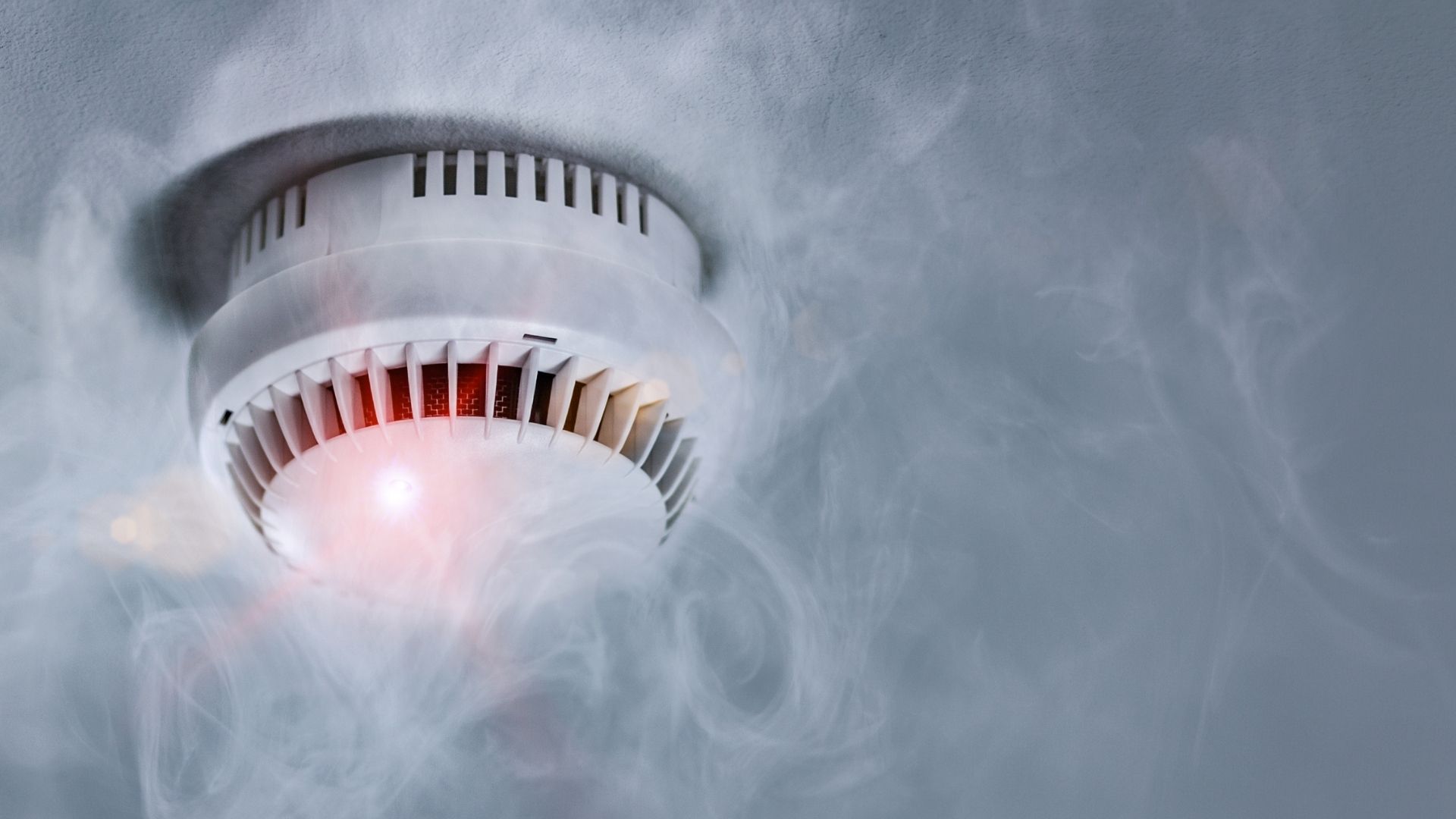

0 thoughts on “Why Is My Smoke Detector Beeping Without A Battery”